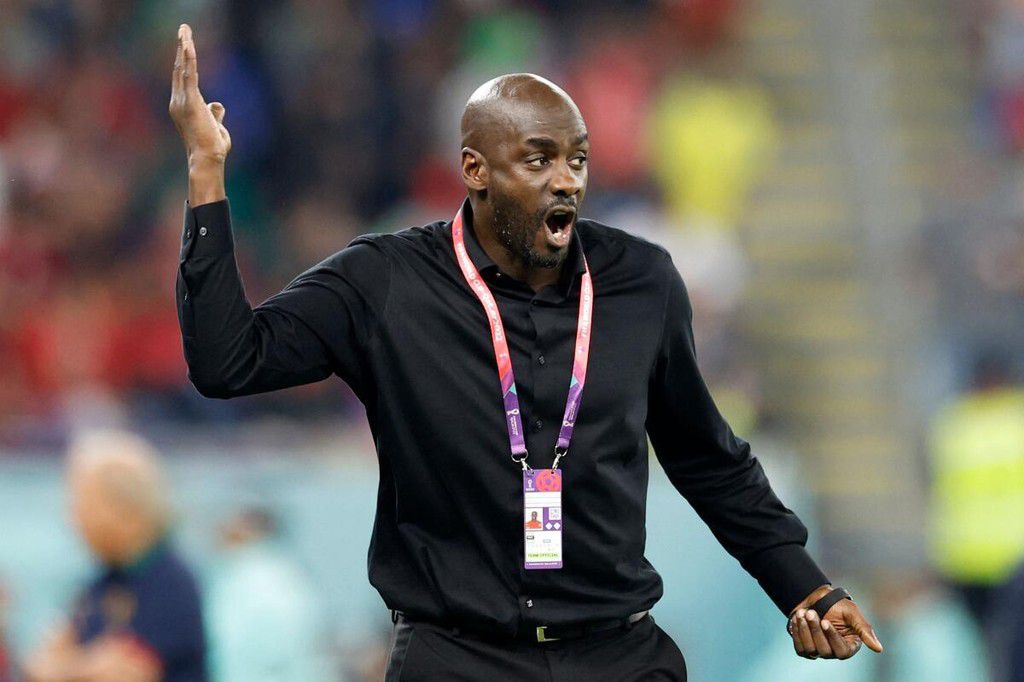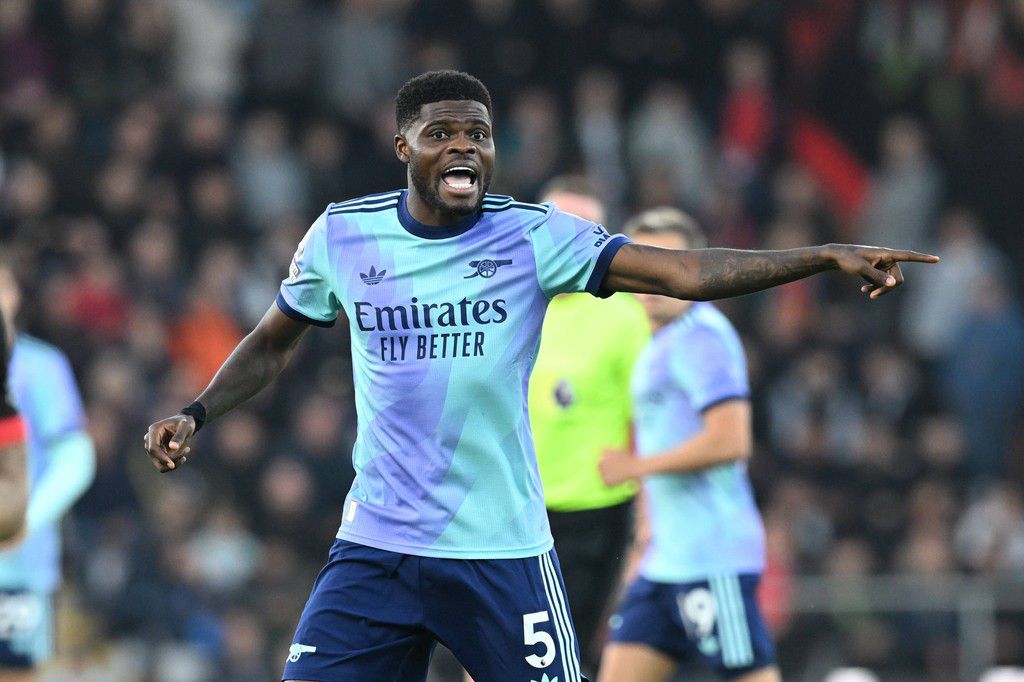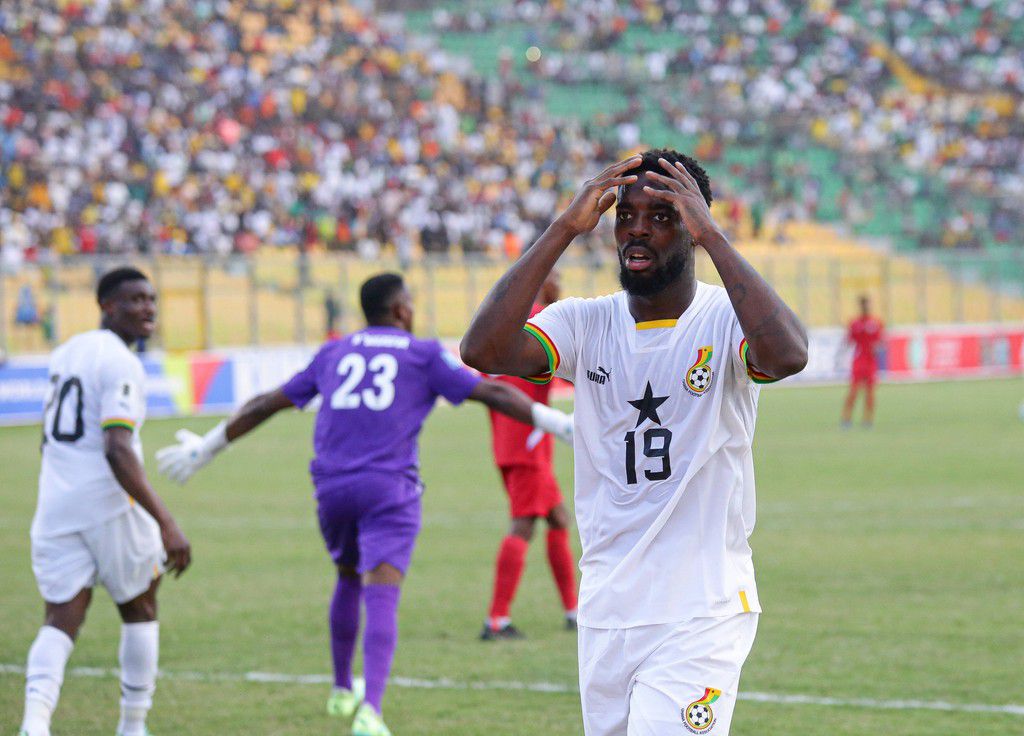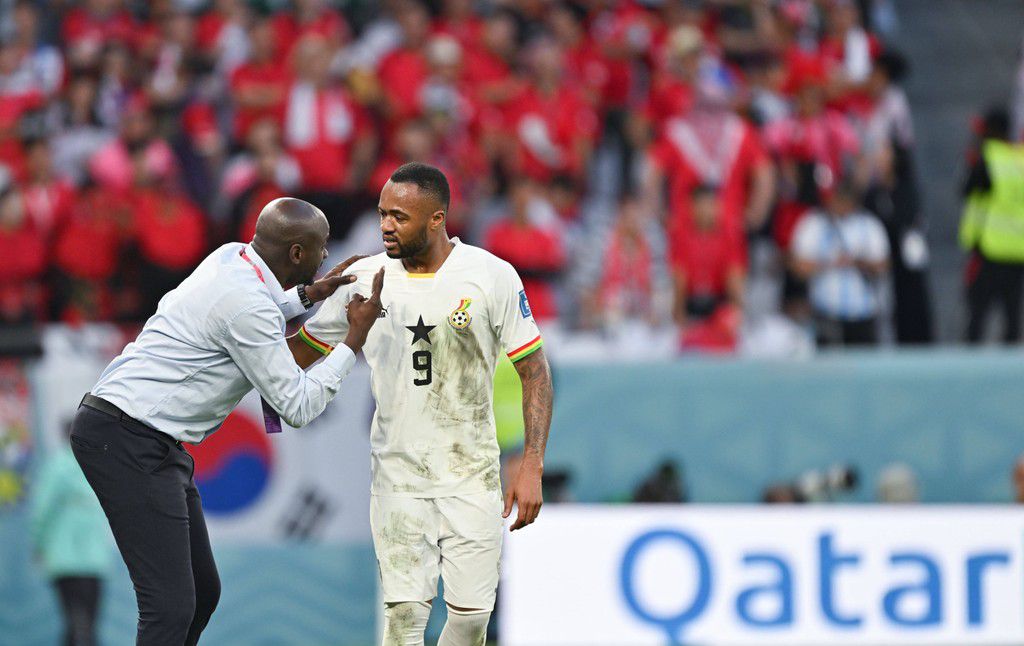4 key reasons why current Black Stars players perform better for their clubs than the national team
)
For many, football is an escape and a source of national pride, with the Black Stars representing the heart of this fervor. Once celebrated as the "Brazil of African football," the Black Stars have given Ghanaians moments of immense joy, from winning the Africa Cup of Nations in the 1960s to reaching the quarter-finals of the 2010 World Cup.
However, since 2015, the national team has experienced a noticeable decline. While many Black Stars players perform exceptionally well for their clubs, they often fail to replicate the same level of success when representing the national team. Below are key reasons that contribute to this disparity:
Coaching philosophy

A football coaching philosophy is a coach’s guiding framework, outlining their beliefs, strategies, and objectives. At the club level, a coach’s philosophy is deeply integrated into the team’s daily routine, from training to match tactics. Players are familiar with the system and understand their roles within it.
In the case of the Black Stars, questions have been raised about head coach Otto Addo’s approach. While Addo's flexibility in adapting to opponents is a strength, it has also led to concerns about a lack of a clear, overarching philosophy.
Addo has stated, “I adapt to the opponent... so it’s flexible. I have many styles.” However, having too many systems without a consistent foundation can create confusion among players. This inconsistency in tactical direction may explain why the players often perform better at their clubs, where the philosophy is more defined and stable.
Player commitment

In modern football, clubs often exert more influence over players than national teams do. Clubs provide state-of-the-art facilities, top-tier medical care, and financial security, making them the priority for many players. The constant support from clubs ensures that players are in optimal condition, leading to higher levels of commitment and more consistent performances.
This contrast is evident with the Black Stars. During the Africa Cup of Nations qualifiers against Sudan, key players like Mohammed Kudus, Iñaki Williams, Jordan Ayew, and Fatawu Issahaku underperformed in both legs.
Yet, once they returned to their clubs, these same players delivered outstanding performances. While the national team provides some level of support, it often falls short of what players experience at their clubs, affecting their commitment and performance when playing for Ghana.
Roles and responsibilities

A player performs best when their role is clear and aligned with their natural abilities. Unfortunately, in the current Black Stars setup, there appears to be a lack of tactical clarity, with players not always placed in their ideal positions. This has resulted in a disjointed team where individual efforts often take precedence over collective play.
At the club level, players thrive because their roles are well-defined, and their responsibilities are clear. They understand the system and know exactly what is expected of them in every match. In contrast, the lack of a clear tactical plan within the Black Stars has led to disorganisation and hindered team cohesion, limiting both individual performances and overall team success.
Pressure and expectations

Playing for the national team brings immense pressure, especially when millions of supporters are counting on the players to succeed. In Ghana, the national team’s performance is not just about football; it’s a source of collective hope and pride. Fans expect victories not only to celebrate success but also to open doors for opportunities, such as traveling to continental and international tournaments like the Africa Cup of Nations and the FIFA World Cup.
This weight of expectation can create a high-pressure environment for players. They are aware that the entire nation is watching and waiting for them to deliver, which can lead to anxiety and affect their performance. The desire to meet the public’s expectations often forces players to overthink their game, making them more prone to mistakes.
At the club level, however, players generally face less intense pressure, despite the high expectations. Clubs usually have a more controlled and professional environment, where players are given the support and time to perform without the overwhelming emotional burden placed on them by an entire nation.
Take Thomas Partey, for example. The midfielder has been criticised for allegedly avoiding pressure during crucial Black Stars matches. Some even accused him of feigning injury to skip the Ghana vs. Sudan match, suggesting that he fabricated a health concern. While he excels at his club, Arsenal, the expectations from Ghanaian supporters seem to place additional pressure on him when playing for the national team, possibly affecting his performance.
)
)
)
)
)
)
)
)
)
)
)
)
)
)
)
)
)